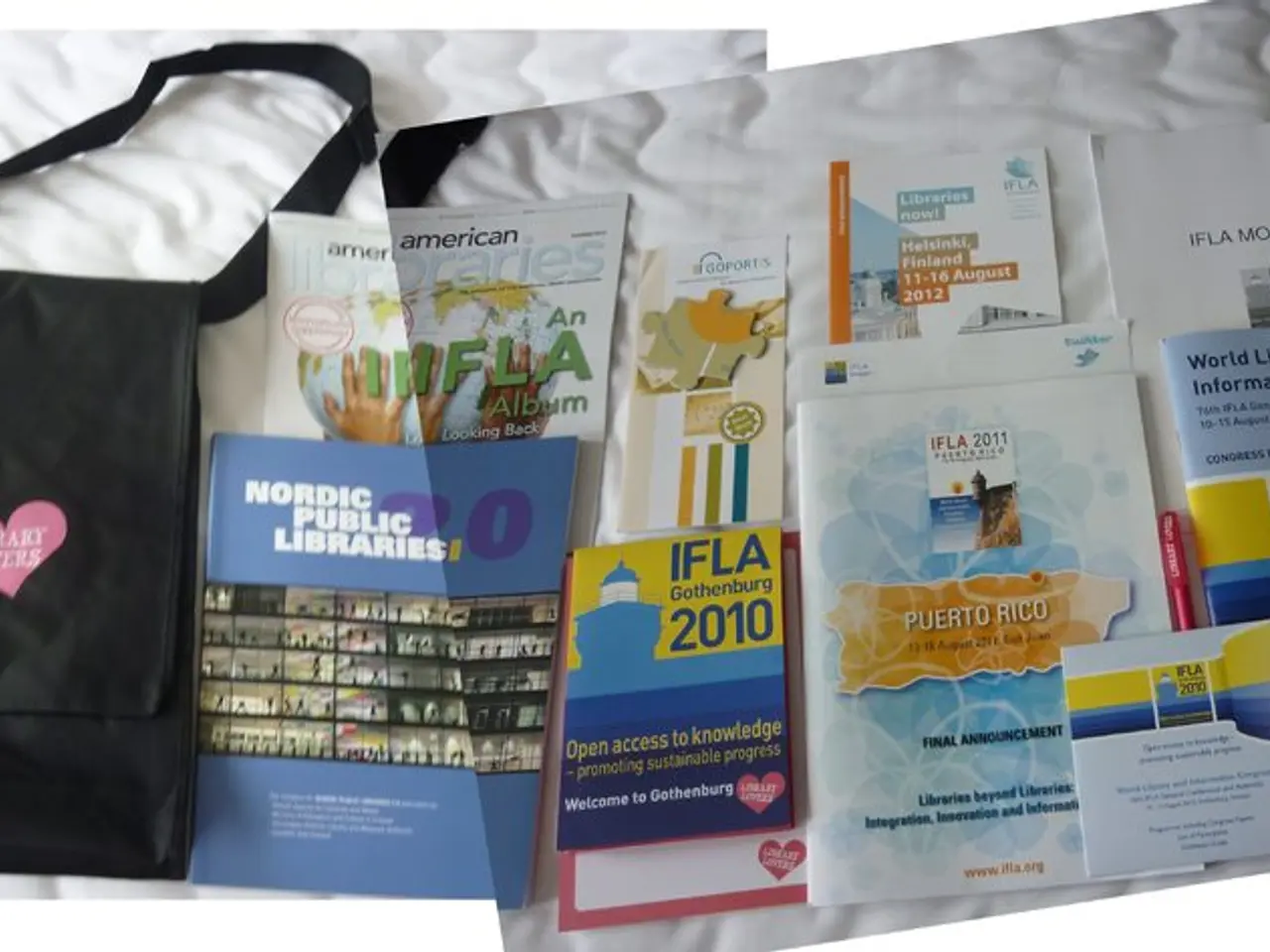Uzbekistan endorses the Reading-for-Liberty legislation
In a groundbreaking move, the Senate of Uzbekistan has approved amendments to the Criminal Code that allow prisoners to shorten their sentences by reading books. This innovative initiative, aimed at encouraging literacy and shaping "correct spiritual and moral values," has been inspired by similar practices in countries such as Brazil, Bolivia, and Kazakhstan.
Senator Abdusaid Kuchov, in a recent debate, emphasised the transformative power of literature, citing numerous examples of individuals who, despite committing crimes, found their way back to life through books. This sentiment is echoed by international experts who have long highlighted the impact of literature behind bars.
Under this new program, prisoners in Uzbekistan will have the opportunity to earn up to 30 days off their sentences for every book they complete from an approved list. Popular titles among inmates include works by Uzbek writers such as Togay Murad and Otkir Hoshimov, alongside world classics like Dostoevsky's The Idiot and Crime and Punishment.
The Ministry of Culture of Uzbekistan, along with literary experts, will be involved in assessing the performances of prisoners during book reading events. A special commission, comprising prison staff, educators, psychologists, and public representatives, will assess whether inmates have genuinely studied the books. Their recommendations will be confirmed by a court.
This initiative is not just about encouraging literacy but also about offering inmates education, perspective, and a sense of purpose. Lawmakers in Uzbekistan hope that by providing prisoners with the chance to earn their freedom through books, they will reintegrate into society with stronger values and a broader outlook.
It's worth noting that this measure will apply to about 13,500 inmates who are required to serve their sentences in full, but it will not extend to those serving life terms.
A UNESCO study on Brazil's program emphasised that reading can foster empathy, critical thinking, and a renewed sense of purpose among prisoners. Similarly, books can help prisoners in Uzbekistan "escape their environment and imagine different futures," according to the study.
Authorities in Uzbekistan stress that prison libraries are already well equipped, with over 214,000 titles in Uzbek, Russian, English, and Braille, as well as audiobooks. This ensures that prisoners have access to a wide range of literature to aid in their rehabilitation.
In conclusion, the book-reading program in Uzbekistan marks a significant step towards rehabilitating prisoners and providing them with the tools they need to reintegrate into society. This innovative approach underscores the power of literature in transforming lives and offering hope for a better future.
Read also:
- Peptide YY (PYY): Exploring its Role in Appetite Suppression, Intestinal Health, and Cognitive Links
- Toddler Health: Rotavirus Signs, Origins, and Potential Complications
- Digestive issues and heart discomfort: Root causes and associated health conditions
- House Infernos: Deadly Hazards Surpassing the Flames








